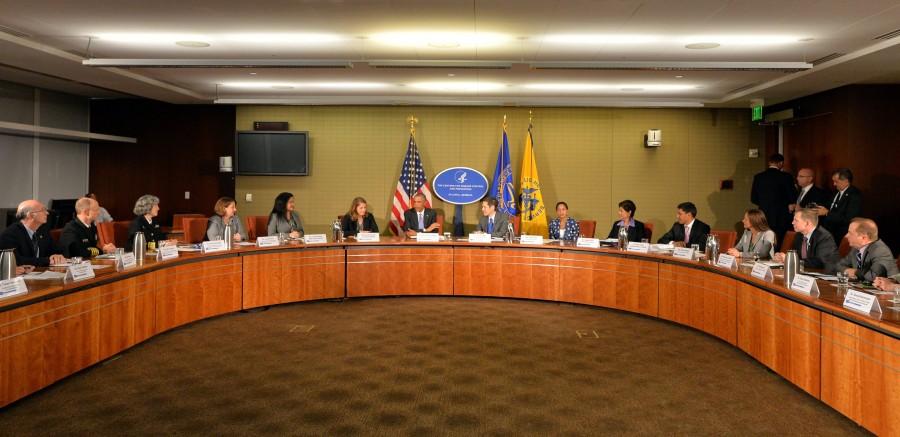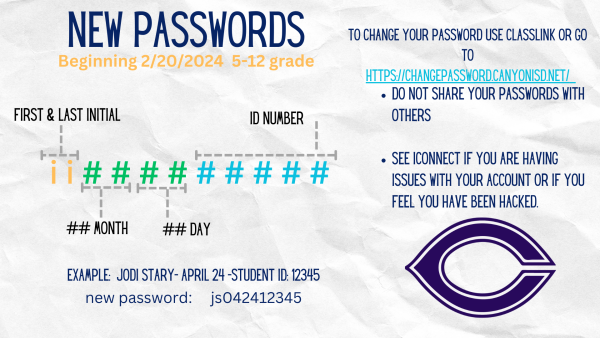US troops dispatched to fight Ebola will find an epidemic out of control, UN says
GENEVA _ The World Health Organization warned Tuesday that the agency now expects tens of thousands of people will be infected with the Ebola virus before the current epidemic is contained, and it called for nations to commit far more resources to combating the outbreak, which is ravaging the poor African nations of Liberia, Sierra Leone and Guinea.
The dire new prediction came as the United States pledged to send 3,000 American service members to West Africa to lead the response to the crisis. The U.S. troops will help build new treatment centers in Liberia, where sick patients have been turned away from crowded facilities, and train as many as 500 new health care workers a week to help meet a shortage of volunteers.
Still, U.N. officials said they see no end to the crisis, which is growing at a rate they hadn’t foreseen just two weeks ago.
Bruce Aylward, WHO’s assistant director, said the U.N. agency’s prediction then that 20,000 people would be sickened now appears woefully optimistic. That’s a frightening prospect for a disease that currently is claiming the lives of nearly 50 percent of those who fall ill.
“This health crisis we face is unparalleled in modern times. The gravity of the situation is difficult to get across with just a few numbers,” said Aylward, a Canadian physician and epidemiologist. With the number of cases, 4,985, and deaths, 2,461, doubling in the past 14 days, “you start to get a sense of the rapid escalation we’re seeing of the virus from what was a linear increase in cases to now an almost exponential increase,” he said.
“The reality here is we don’t know where the numbers are going on this,” he said. “When I said we needed a capacity to manage 20,000 cases, that seemed like a lot. That does not seem like a lot today.”
On Tuesday, President Barack Obama announced the new U.S. efforts during a visit to the Centers for Disease Control and Prevention in Atlanta. He said the U.S. mission would include a U.S.-led command center in Monrovia, Liberia’s capital, and 17 new Ebola treatment centers, each able to treat as many as 100 patients.
Obama called the effort the largest medical mission the United States had ever launched and said that while the chance of an Ebola outbreak in the United States is extremely low, the West Africa outbreak was a global problem that would threaten U.S. strategic interests if the economies of the countries affected by the epidemic collapse.
“The scenes we are witnessing in Liberia are gut-wrenching,” Obama said. “The world has a responsibility to act, to step up and to do more. The United States of America intends to do more.”
The Pentagon expects that U.S. military personnel supporting the initiative will include medical troops, engineers, logisticians and transportation specialists.
A “substantial contingent” will be based at an Intermediate Staging Base in Senegal, which has not been affected by Ebola, and none of them will be providing direct patient care, White House press secretary Josh Earnest said.
Last week, WHO reported that Liberia’s three treatment centers, with total capacity for 370 patients, were full, and that obviously sick people seeking help were being turned away. Aylward said the crisis is most acute in Liberia, where the lack of treatment facilities has forced infected people to remain in their homes, where they infect family members or other people they come in contact with.
Aylward said a priority is to get people who’ve fallen ill out of their homes and into Ebola care units. WHO hopes isolating ill people will slow the spread of the disease.
U.S. officials said the military mission would have the ability to train 500 health care workers a week _ another shortage that WHO officials have said has been difficult to overcome because of the danger of the work. Of the 301 health care workers sickened with Ebola, half have died.
The U.S. Public Health Service also is preparing to deploy 65 commissioned officers to Liberia to manage and staff a hospital to care for health workers who become ill.
The scale of the epidemic will require still more assistance, WHO said. According to WHO, Liberia remains the center of the epidemic, with 2,407 cases and 1,296 deaths reported as of Sept. 9, the most recent figures available. As of Saturday, 1,620 cases and 562 deaths were reported in Sierra Leone and 936 cases and 595 deaths in Guinea.
Two U.N. officials, Valerie Amos, the undersecretary-general for humanitarian affairs, and David Nabarro, the U.N.’s senior Ebola coordinator, said they now estimate that the battle against Ebola will cost $987 million, more than twice the $490 million estimate WHO made in late August.
“The surge we need is unprecedented,” said Nabarro, a British physician. “It is massive.”
Amos warned that health care systems in West Africa are “on the brink of collapse.” She welcomed the new U.S. pledge of support as well as one from China to send health workers.
___
(Zarocostas is a McClatchy special correspondent.)
___
(c)2014 McClatchy Washington Bureau
Visit the McClatchy Washington Bureau at www.mcclatchydc.com
Distributed by MCT Information Services






